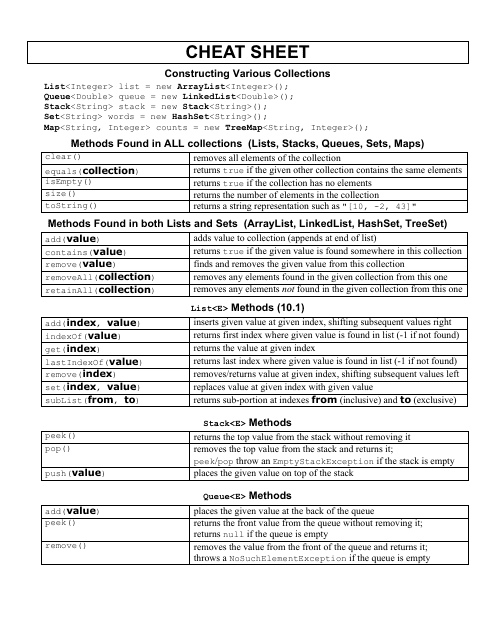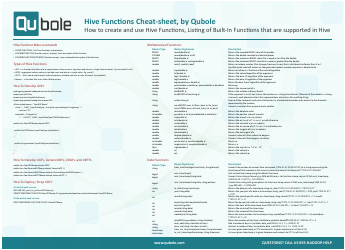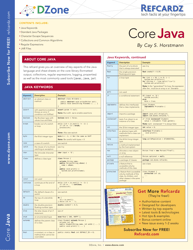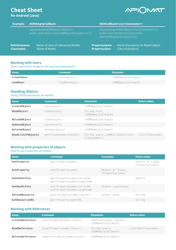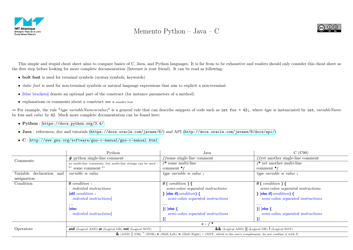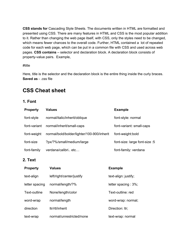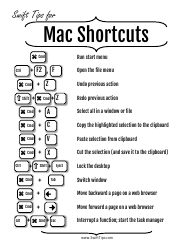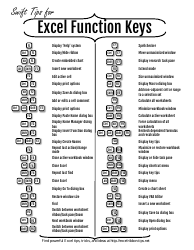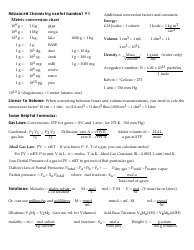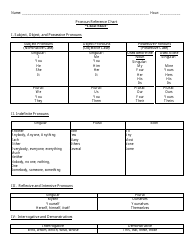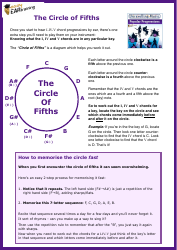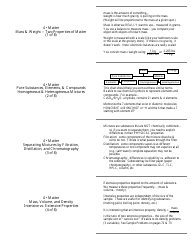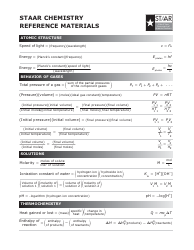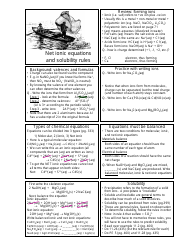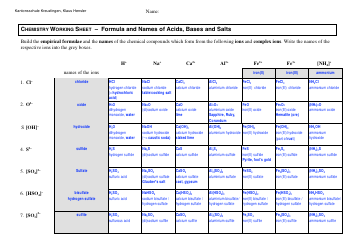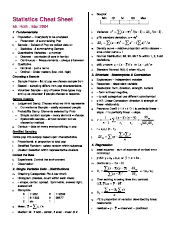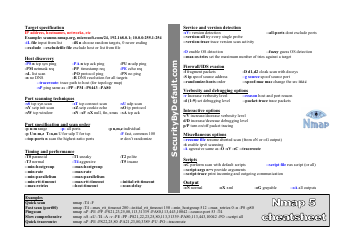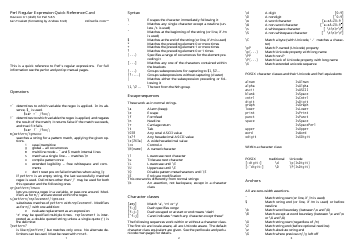Java Cheat Sheet - Collections
The Java Cheat Sheet - Collections is a document that provides a quick reference guide for using collections in the Java programming language. It explains the different types of collections available in Java and provides examples of how to use them effectively.
FAQ
Q: What are Collections in Java?
A: Collections in Java are framework classes and interfaces that are used to manipulate and organize groups of objects.
Q: What are the main types of Collections in Java?
A: The main types of Collections in Java are List, Set, and Map.
Q: What is List in Java Collections?
A: List in Java Collections is an ordered collection of elements that allows duplicates. Examples of List implementations in Java are ArrayList and LinkedList.
Q: What is Set in Java Collections?
A: Set in Java Collections is a collection of elements that does not allow duplicates. Examples of Set implementations in Java are HashSet and TreeSet.
Q: What is Map in Java Collections?
A: Map in Java Collections is an object that maps keys to values and does not allow duplicate keys. Examples of Map implementations in Java are HashMap and TreeMap.
Q: What is the difference between ArrayList and LinkedList?
A: ArrayList and LinkedList are both implementations of the List interface in Java. The main difference is that ArrayList is backed by an array, while LinkedList is backed by a doubly-linked list.
Q: What is the difference between HashSet and TreeSet?
A: HashSet and TreeSet are both implementations of the Set interface in Java. The main difference is that HashSet does not maintain any order of elements, while TreeSet maintains elements in sorted order.
Q: What is the difference between HashMap and TreeMap?
A: HashMap and TreeMap are both implementations of the Map interface in Java. The main difference is that HashMap does not maintain any order of key-value pairs, while TreeMap maintains key-value pairs sorted by the keys.
Q: What are some common operations that can be performed on Collections in Java?
A: Some common operations that can be performed on Collections in Java include adding and removing elements, searching for elements, sorting elements, and iterating over the collection.
Q: Are Collections in Java thread-safe?
A: No, most of the Collections in Java are not thread-safe by default. If thread-safety is required, special thread-safe implementations or synchronization mechanisms need to be used.
